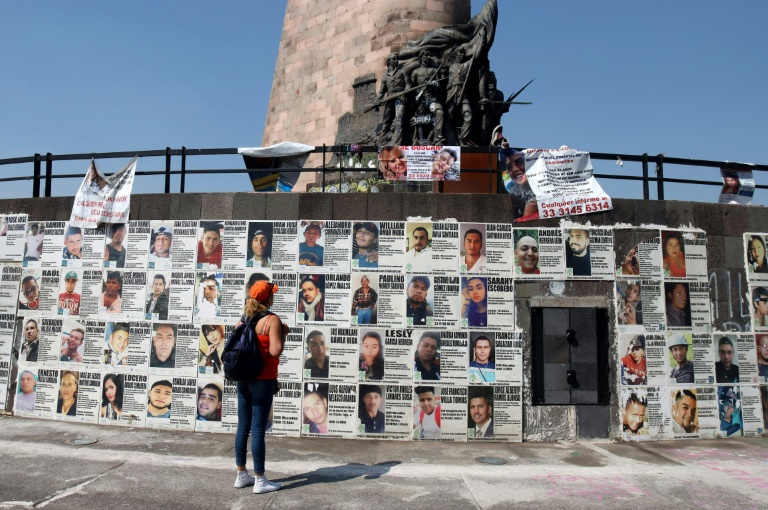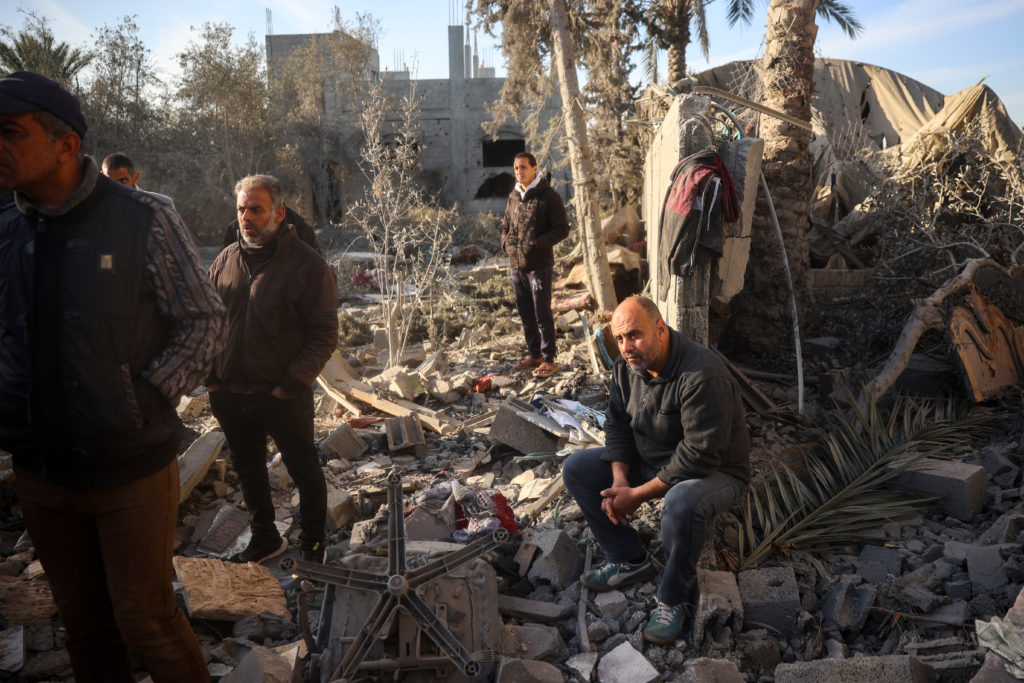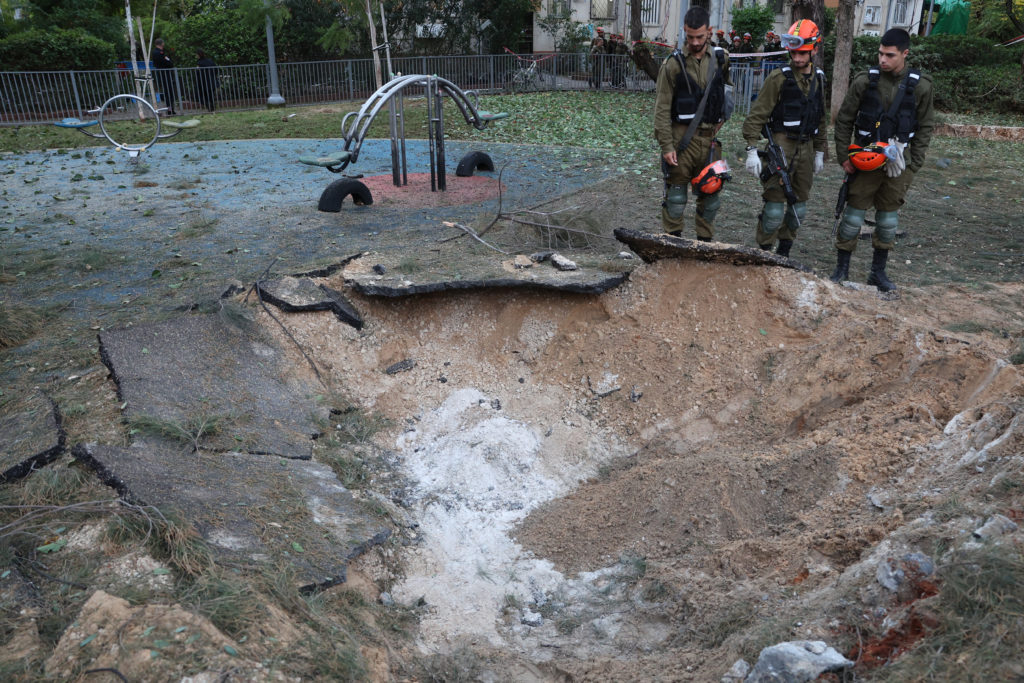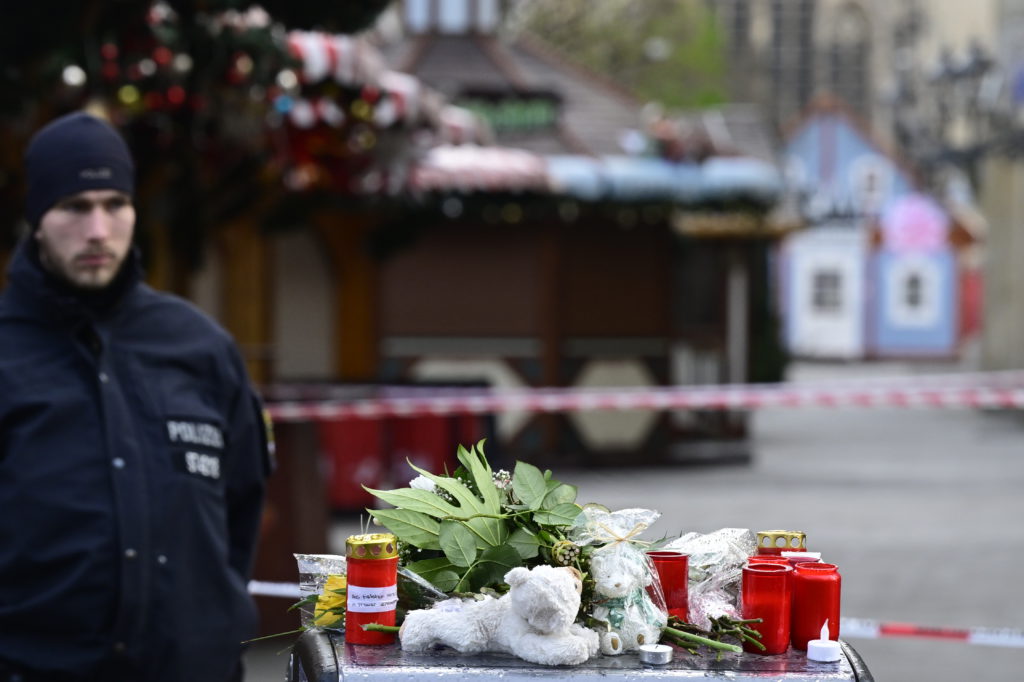More than 100,000 people are now listed as missing in violence-wracked Mexico, a grim milestone that the United Nations rights chief on Tuesday called “a tragedy of enormous proportions.”
Rights groups appealed for urgent action to tackle disappearances that have skyrocketed during years of spiraling drug-related violence.
The National Registry of Missing Persons, which has been tracking disappearances since 1964, said that as of Monday, the whereabouts of 100,099 people were unknown. About 75 percent are men.
The Movement for Our Disappeared warned that the figure was “certainly well below the number” of actual cases, calling for the government to deal with the crisis “in a comprehensive and immediate manner.”
UN High Commissioner for Human Rights Michelle Bachelet said the disappearances represented a “human tragedy of enormous proportions.”
“No effort should be spared to put an end to these human rights violations and abuses of extraordinary breadth, and to vindicate victims’ rights to truth, justice, reparation and guarantees of non-repetition,” she added.
Only 35 of the disappearances recorded have led to convictions — a “staggering rate of impunity” that is “mostly attributable to the lack of effective investigations,” Bachelet’s office said.
– ‘Pattern of impunity’ –
The UN Committee on Enforced Disappearances and the Working Group on Enforced or Involuntary Disappearances described the situation as “heart-breaking.”
Enforced disappearances are a daily occurrence in Mexico, “reflecting a chronic pattern of impunity,” they added.
The UN committee, which is made up of independent experts, warned in April that Mexico was facing an “alarming trend of rising enforced disappearances.”
Organized crime groups were mainly responsible for these disappearances, “with varying degrees of participation, acquiescence or omission by public servants,” it said.
The committee’s report was rejected by Mexican President Andres Manuel Lopez Obrador, who said his government would not tolerate impunity or corruption.
Frustration at slow progress in official investigations has led families of the disappeared, especially mothers, to form groups that search for clandestine graves using picks and shovels.
The crisis is fueled by the state’s apathy, said Cecilia Flores, the leader of one such group in the northwestern state of Sonora who is looking for her sons Alejandro and Marco Antonio.
“If the authorities did their job, not so many would have disappeared,” she told AFP.
“For them, a disappeared person is one less criminal and one more statistic,” Flores said.
– ‘Staggering number’ –
Authorities say some 37,000 unidentified bodies are being held in forensic services, though civil organizations warn the number could be much higher.
Authorities are working to consolidate a database of the disappeared with genetic samples, though many corpses have been buried without being identified because morgues are overflowing.
The International Committee of the Red Cross described the 100,000 missing as “a staggering number that underscores the immediate need to strengthen prevention, search, and identification mechanisms for those who are missing and their families.”
However, it recognized “important progress” made by Mexico in some areas including identifying the dead and easing the pain of families of the missing.
“The first few hours are the most important,” said Marlene Herbig, head of the ICRC’s missing persons program in Mexico.
“When someone disappears, their relatives have the right to know what has happened. Knowing the fate of disappeared persons is primarily a humanitarian act.”
The first reported disappearances in Mexico date back to the authorities’ so-called “dirty war” against leftist movements from the 1960s to 1980s.
Mexico has also registered over 340,000 deaths — mostly attributed to organized crime groups — since 2006, when a major anti-drug military offensive was launched.










